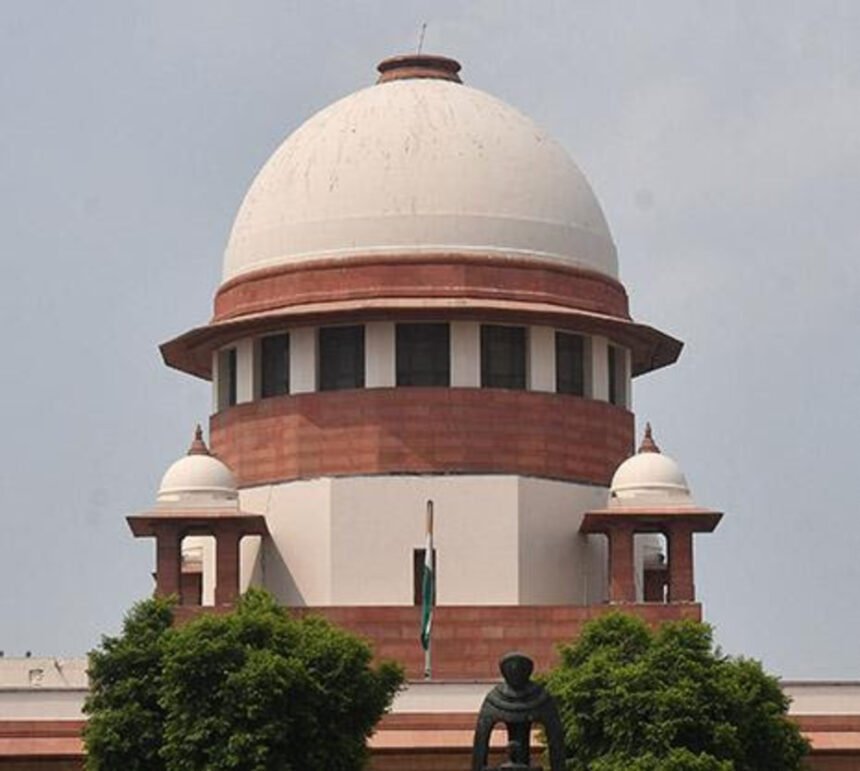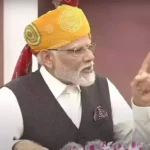The Supreme Court of India is contemplating the enhancement of penalties for television channels engaged in unethical conduct on air. The current penalty of ₹1 lakh (approximately $1,330) is deemed insufficient as a deterrent, and the court suggests that fines should exceed the profits earned by media outlets from the entire show. A Bench led by Chief Justice of India D.Y. Chandrachud emphasized that the ₹1 lakh fine, established in 2008, has not been adjusted since then.
The court has issued notices to the National Broadcasters and Digital Association (NBDA), an independent electronic media watchdog, as well as the Centre and other stakeholders, with the aim of bolstering the regulatory framework governing media conduct.
While valuing the importance of free speech, Chief Justice Chandrachud pointed out concerns about media channels presuming guilt rather than innocence in their broadcasts. He cited the example of media frenzy surrounding the death of actor Sushant Singh Rajput and the potential negative impact it had on the investigative process.
Senior advocate Arvind P. Datar, representing NBDA alongside advocate Nisha Bhambhani, expressed an intention to consult former NBDA chairpersons, Justices A.K. Sikri and R.V. Raveendran, on strategies to make the regulations more effective. Chief Justice Chandrachud emphasized the need for penalties to carry more weight, suggesting that fines should surpass a channel’s profits from the show in question. He urged NBDA to revise the fine amount, considering its current inadequacy.
Solicitor-General Tushar Mehta, speaking on behalf of the Centre, highlighted the necessity for comprehensive regulatory guidelines to govern ethical conduct on air. He mentioned that while NBDA is one of the regulatory bodies, the Court’s intervention is required to establish clear and stringent rules.
Mr. Mehta also referred to an earlier intervention by the Delhi High Court, which led to the appointment of press officers to provide daily briefings to the media, thereby discouraging sensationalism.
As discussions continue around media regulations, the Supreme Court aims to balance the principles of free speech with responsible media practices. The focus remains on ensuring that penalties are meaningful deterrents against unethical conduct while maintaining the essence of media’s role in a democratic society.






